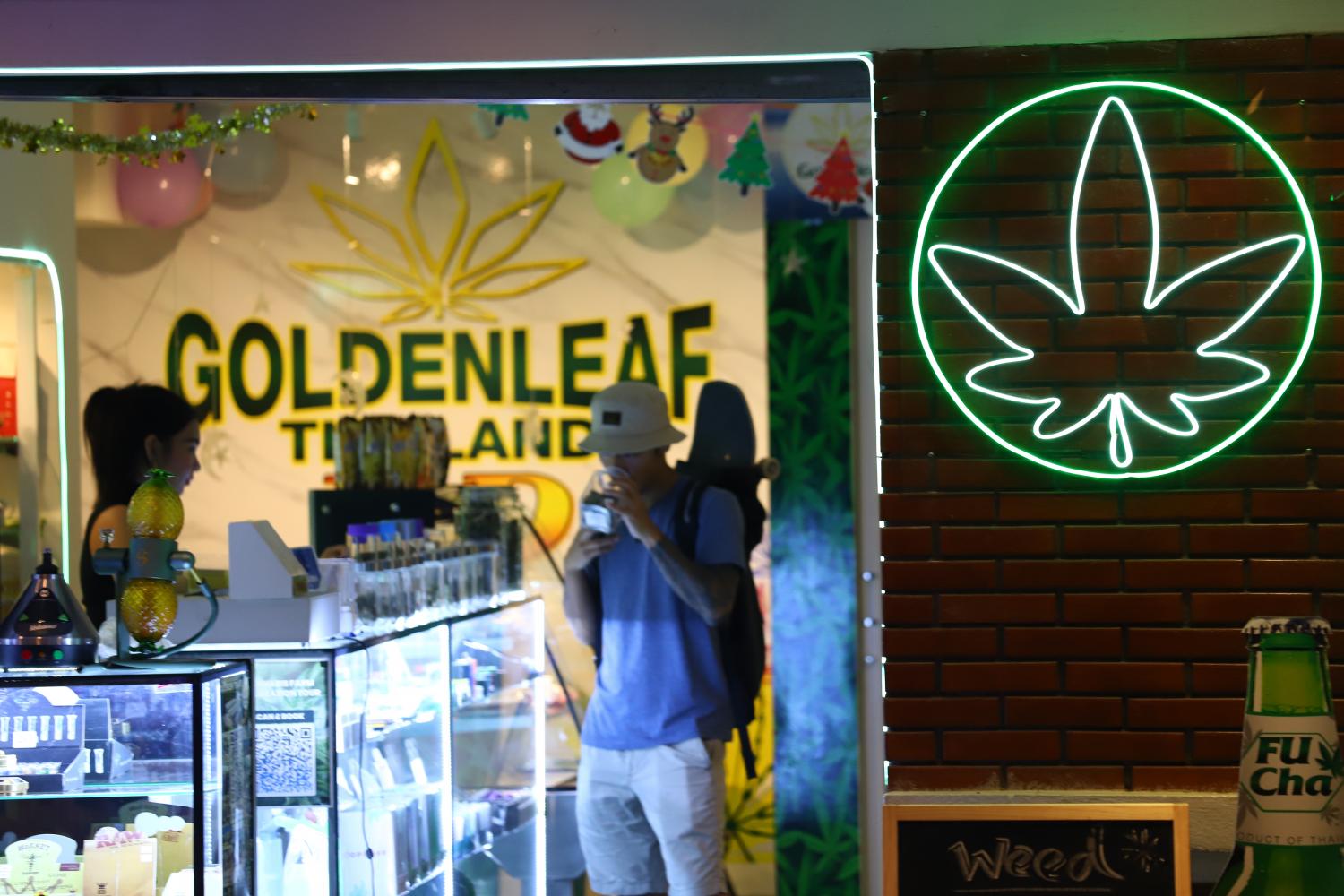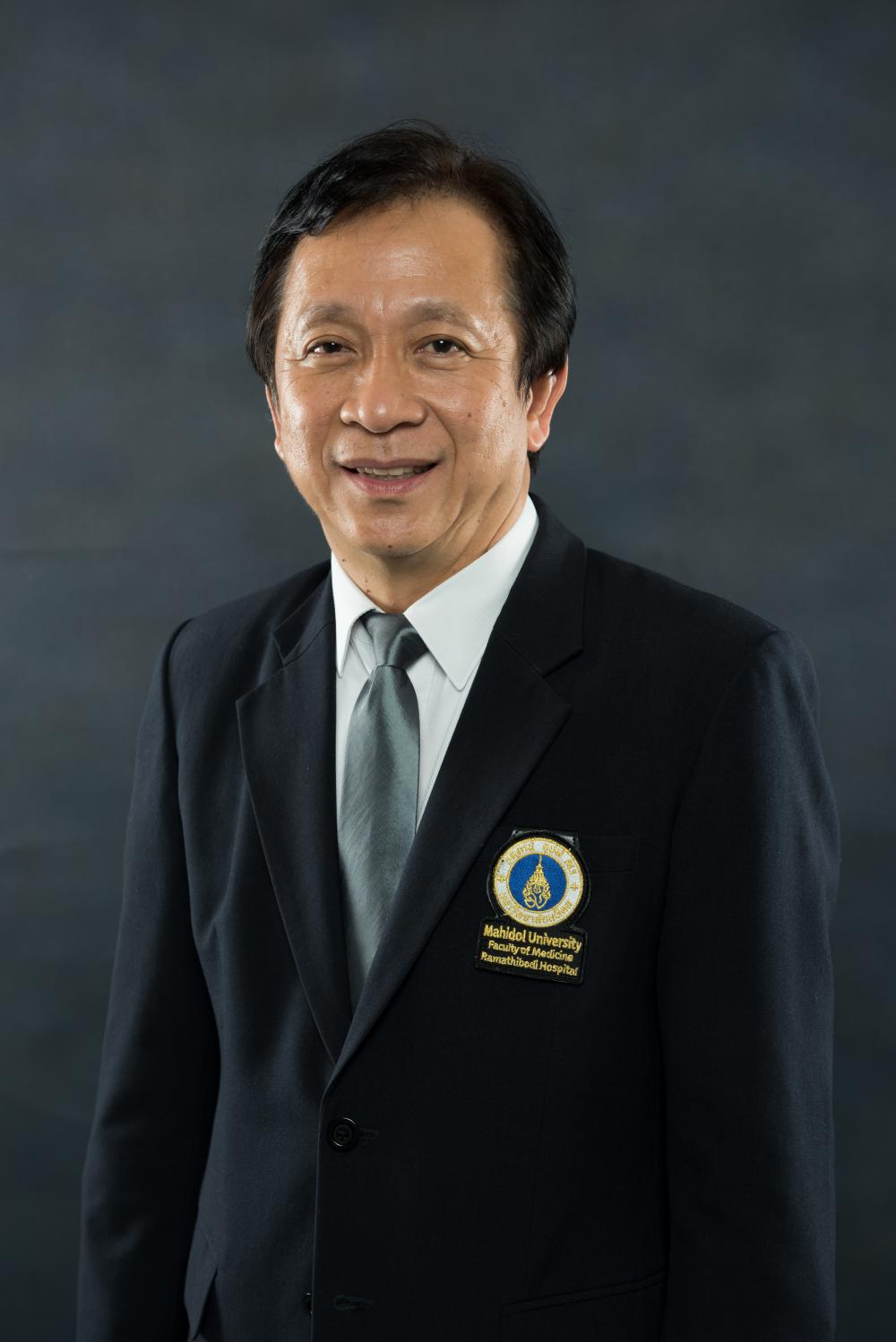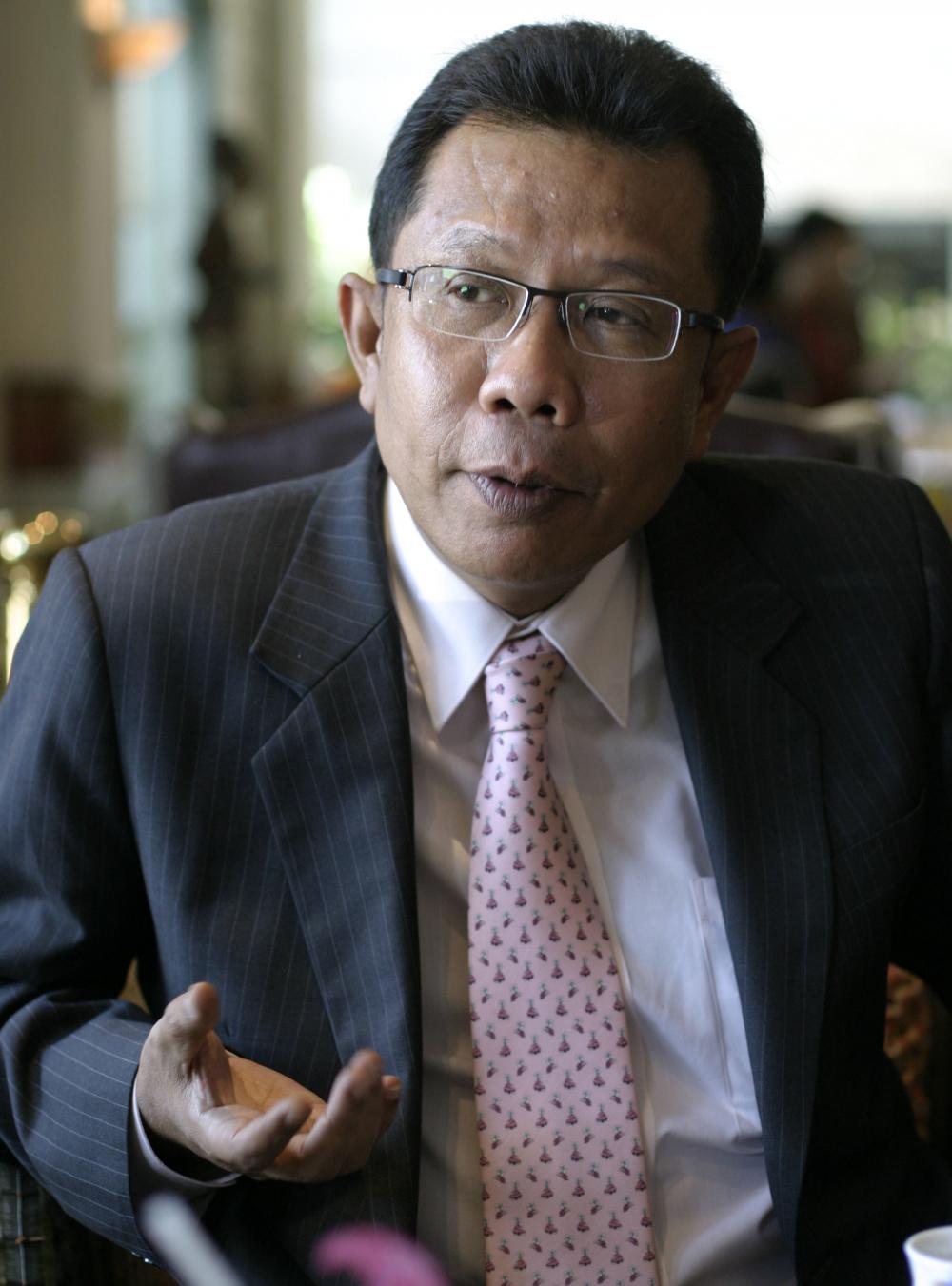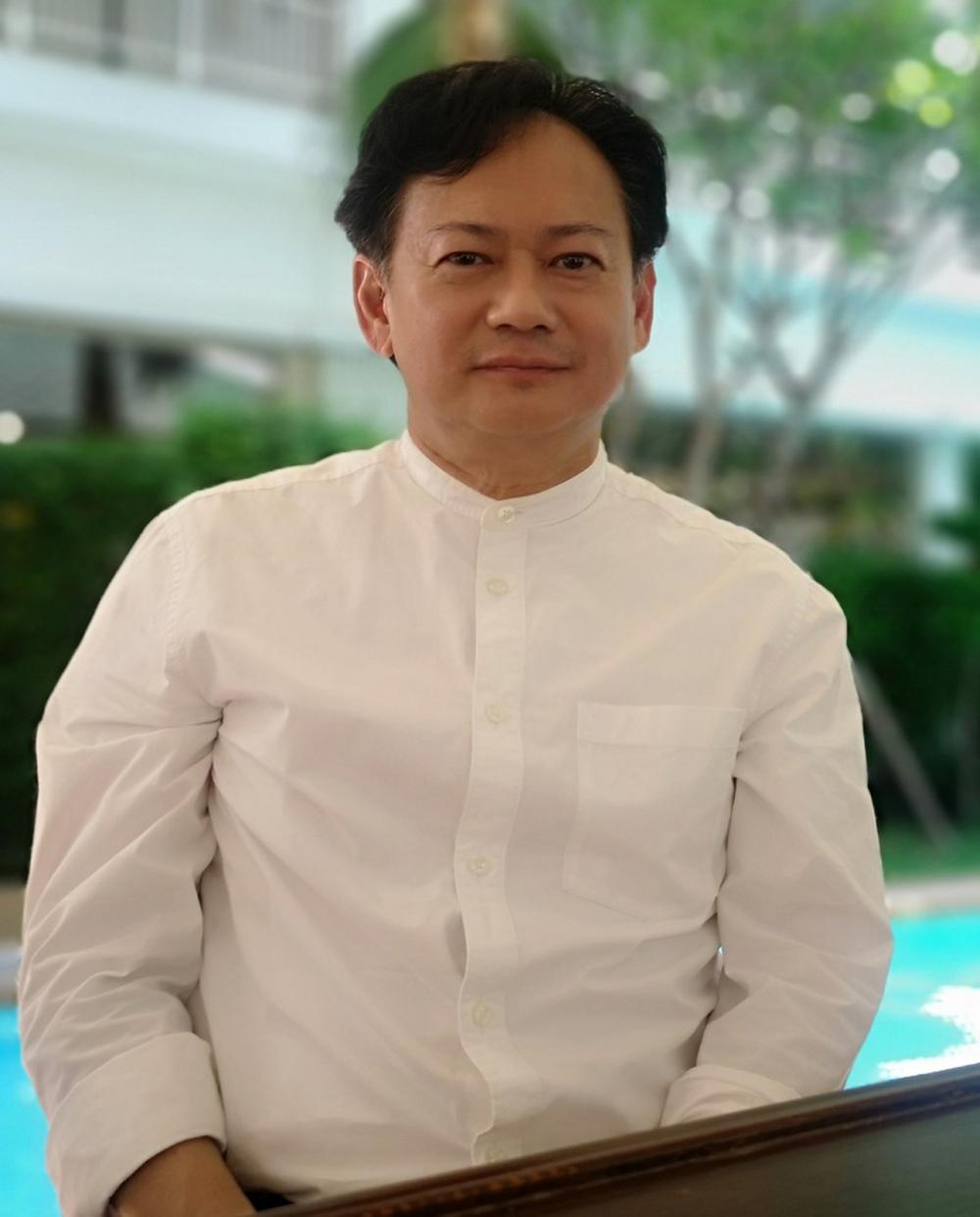
The memorandum of understanding (MoU) signed by eight prospective parties on forming a coalition government could be bad news for advocates of the current freer cannabis policy.
Under the 23-point agreement, the Move Forward Party-led bloc has agreed to reinstate the plant as a narcotic drug under the jurisdiction of the Ministry of Public Health and pass new laws supporting just certain beneficial uses while regulating all other use, cultivation, import and export of the plant.
The move marks a reversal of the cannabis policy which has become divisive and politicised due to the absence of an umbrella law to govern its use despite the introduction of regulations to prevent abuse, particularly by children.
With the sale of cannabis products spreading and a new industry flourishing in recent months, the prospective government will find it tough revoking the policy without stirring the pot among cannabis enthusiasts.
Cannabis use is 'too liberal'
The proposed relisting of cannabis will allow authorities to work fully to control the abuse of cannabis, according to Pol Maj Gen Supisal Pakdinaruenart, a former list-MP for the MFP.
He said the absence of a specific law governing cannabis use has caused loopholes which prompted the Public Health Ministry to put cannabis on the list of controlled herbs under the Thai Traditional Medicine Protection and Promotion Act.
But many claim the move is insufficient to address concerns following the mushrooming of cannabis shops and the sight of people selling and smoking weed on the street, he said.
A cannabis cafe near a well-known all-girls school in the Silom area caused uproar and there is nothing authorities can do because there is no law controlling the location of such establishments.
"Cannabis buds are illegal while other parts can be used. But its use is way too liberal. Shops are popping up everywhere. This is against the objective, so many people want to recriminalise the plant," said Pol Maj Gen Supisal, who is member of the House panel amending the narcotics laws.
He said people are not opposed to medical use of cannabis and it is better to issue clear-cut regulations supporting its beneficial uses rather than legalising the plant.
In his view, cannabis shops should not be allowed to open freely. Cannabis use must be supervised by doctors and cannabis-based products should face tighter regulations.
Asked about criticism that the cannabis policy is being politicised, he said: "Of course, we campaigned on it. It's a political issue that we must push ahead and get it done. That's the reason it's there in the MoU."

Supisal: Highlights lack of law
Relisting urged
Dr Adisak Plitapolkarnpim, director of Mahidol University's National Institute for Child and Family Development (NICFD), said pediatricians support only medicinal uses to relieve pain, not recreational use.
However, decriminalisation has resulted in the widespread availability of cannabis-infused products and cannabis shops, and the regulations to control cannabis use are ambiguous, he said.
"It is against the law to sell cannabis products to pregnant women. Why don't they entirely ban the use of cannabis in restaurants? Unlike cannabis use in the food industry which is regulated by the FDA, it's hard to control cannabis use in food shops," he said.
Asked about the economic impacts on entrepreneurs in the cannabis sector, Dr Adisak said he believes cannabis-related businesses are flexible and can adapt if cannabis is reclassified as a narcotic drug.

Adisak: 'Hard to control eateries'
Sakulrat Thongtongkham, a 52-year-old office worker and mother of two, said reclassifying cannabis as a narcotic drug is a better option.
"When it was illegal, we didn't see it being used like this. Now cannabis shops are all over the place...near schools, temples and communities. How can parents guard their kids when it can be accessed so easily?" she said.
She slammed parties that had advocated legalisation of cannabis without putting proper controls in place first, saying law enforcement is lax and state agencies are in the dark as to which regulations can be used to take action against vendors.
"I bet more than 90% is for recreational use. If it is for medical purposes, these shops must have doctors to prescribe it," she said, adding that more measures such as zoning must be put in place to keep cannabis out of children's reach for as long as this legal vacuum continues.
The public interest
Supachai Jaisamut, a member of the Bhumjaithai Party that successfully pushed for cannabis delisting and campaigned on the issue in the 2019 polls, said he was confident the bill pending House scrutiny will address such concerns.
The national committee on narcotic drugs will set guidelines for tetrahydrocannabinol (THC), the plant's psychoactive ingredient. On criticism the current policy triggered an influx of illegally imported cannabis from abroad, he said the Customs Department must step up its efforts.
He said the value of cannabis-based products is estimated to be 40-50 billion baht, so it is best for all parties concerned to push for enactment of a law that allows cultivation for medical purposes and economic benefits.
Mr Supachai urged the MFP-led alliance and MFP leader Pita Limjaroenrat to stop politicising the issue and put the people's interest before anything, as he warned of possible protests from advocates of the current policy.
"The best way forward is to get the bill passed. If there are flaws, address them. Make it complete. People will soon start questioning why the MFP wants to break up a monopoly there while leaving untouched alcohol which has no benefits. It looks like hypocrisy to them," he said.

Supachai: 'Stop politicising the issue'
Alcohol yes but cannabis, no?
Daycha Siripatra, founder of the Khaokwan Foundation, who has been a vocal supporter of medical marijuana, said there is no reason to support relisting of cannabis as a drug.
Citing research by the Ministry of Public Health, he said medical cannabis was effective in treating cancer, Parkinson's disease and migraines in 80% of the people who used it as a treatment. Another study in the US also found a reduction in drinking and substance abuse in states where cannabis cultivation is allowed.
"What diseases can alcohol cure? But there is evidence medical cannabis can treat several diseases," he said, referring to the MFP's progressive liquor policy.
Mr Daycha suggested that a national referendum should be held on the cannabis policy.
He also criticised Mr Pita for going back on his word about cannabis, saying the MFP leader had joined his campaign to declassify the plant when he was an election candidate in 2019 and praised the benefits of the plant.
"Now you're bidding for prime ministership and you're saying cannabis is harmful and must be put back. How can this come from the same person? We won't allow it because this is about people's health.
"And I think you'd better control alcohol. If you're concerned, enact a law to control it like we do tobacco and smoking," he said.
An owner of a cannabis shop in Bangkok's Sukhumvit area said any reversal of the policy would spell disaster for his business and more than 2,000 others across the country.
Zoning of cannabis shops should be introduced to address concerns, he said, adding some shops do not understand the regulations but said they are trying to comply as best as they can.
"It'll be another disaster after the Covid-19 pandemic if there is a policy change," he said.

Daycha: Suggests national referendum
A new tourism segment
Sanga Ruangwattanakul, president of the Khao San Business Association, said more than 40 cannabis-related operators are based in the area with initial investments of at least one million baht per business.
The economic value of cannabis-related businesses is estimated at 30 million baht per month, while the value of other businesses are 600 million baht per month, he said.
He said the current policy has drawn foreign visitors to Thailand who want to sample it for recreational use and seek it as an alternative treatment for illnesses. Entrepreneurs and investors see the potential of a new tourism sector, he said.
However, Mr Sanga said business operators are adopting a wait-and-see attitude after the MFP-led alliance announced a policy change which they believe would affect the country's image and credibility.
He disagreed with relisting cannabis and urged the new government and lawmakers to move towards better regulation instead.
"The next part is to issue a law for better control, not for declaring it as illegal," he said.

Sanga: Wants better regulations
